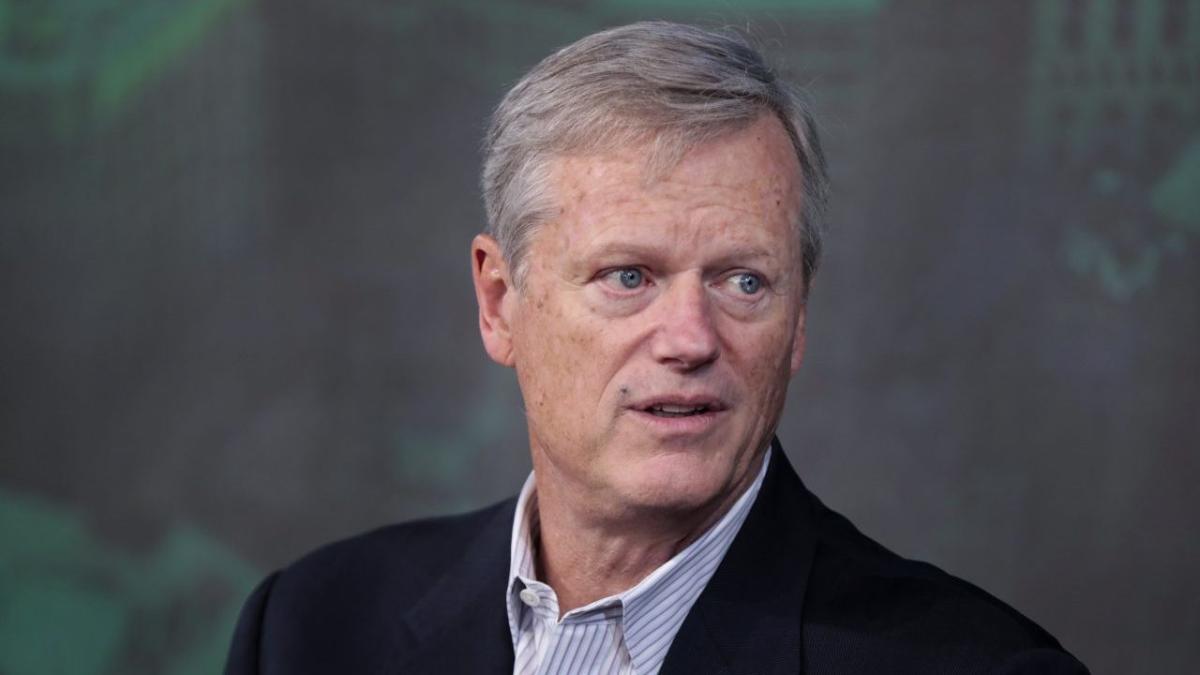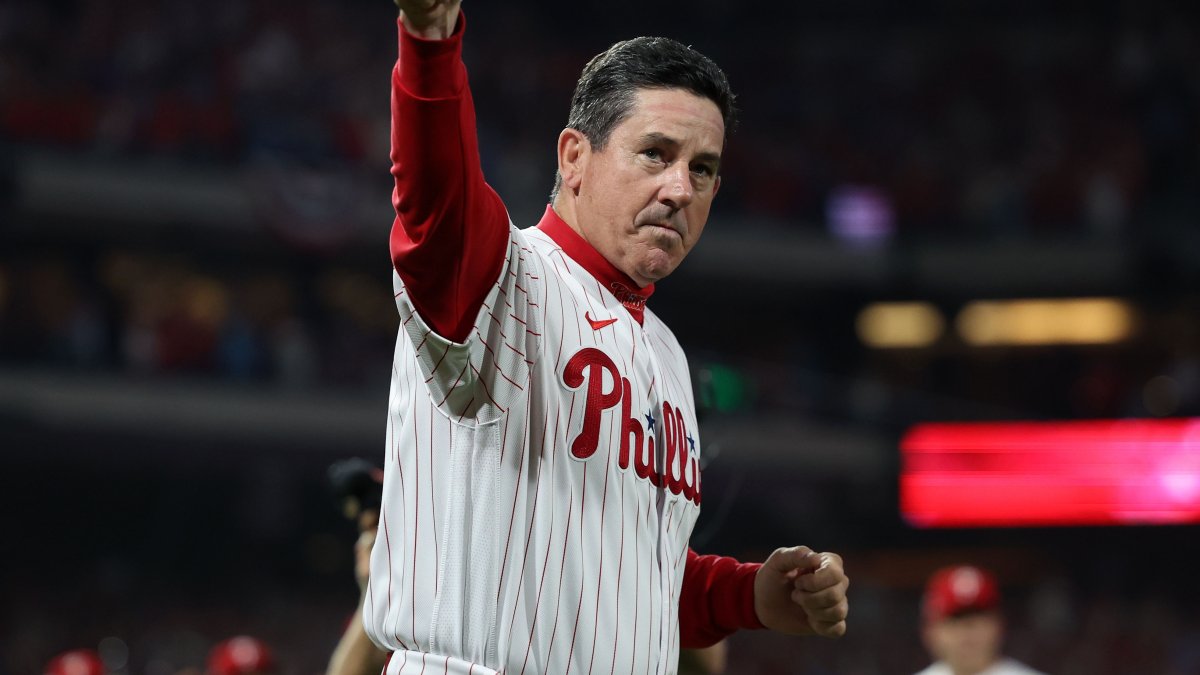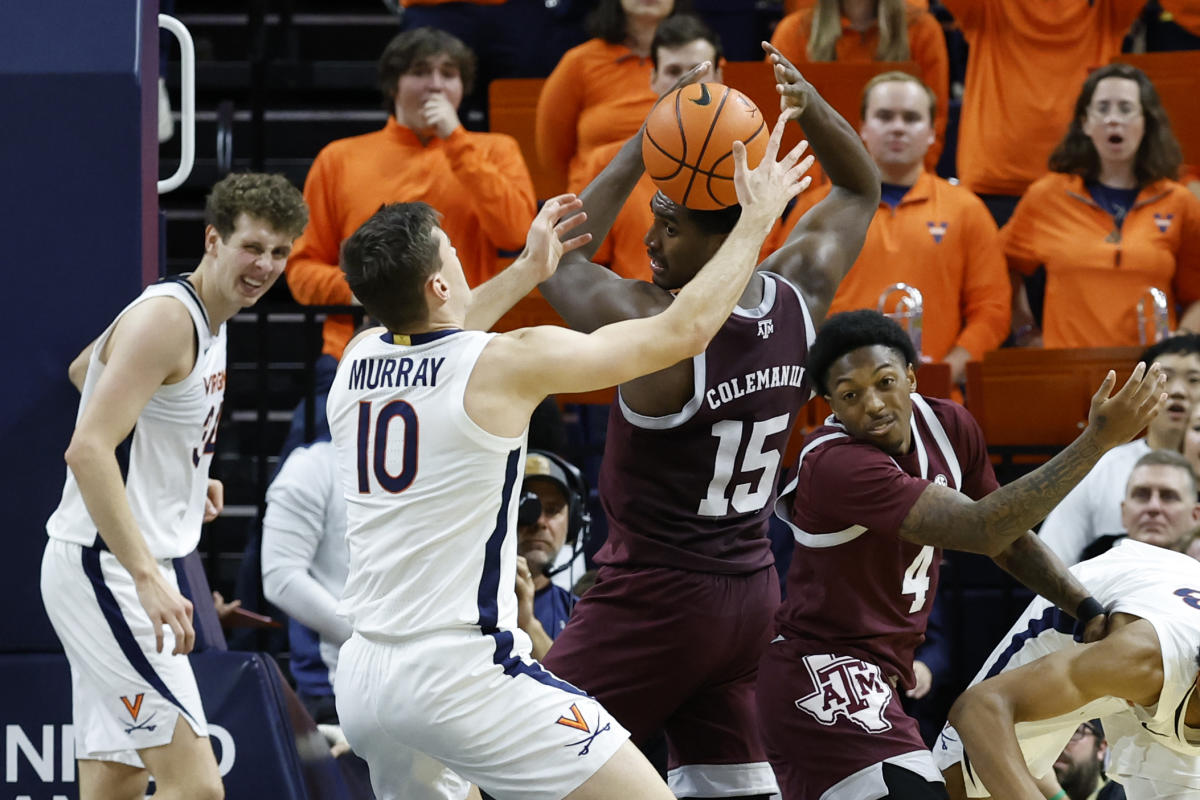
In last Tuesday’s hearing before the U.S. Senate Judiciary Committee, NCAA president Charlie Baker requested that Congress codify current regulatory guidance into law by granting student-athletes special status affirming they are not employees.
However, this request presents a risk for the NCAA. If college athletes are not considered employees under existing law, why would Congress create a new special status for them?
More from Sportico.com
No special status would be needed unless the athletes are actually employees.
This situation highlights the logical perils of claiming one position is supported by current law while simultaneously arguing for amendments to achieve that same position.
It’s a delicate dance that could lead the NCAA to stumble.
Attorneys representing college athletes are likely to reference Baker’s testimony in motions and depositions. They may argue that the NCAA’s request implies that college athletes meet the criteria for employee status.
These criteria include performing services for a university, generating revenue through ticket sales, TV rights, and licensing, enhancing marketing efforts, fundraising, and contributing to the recruitment of new students. The level of control exerted by colleges is also a relevant factor, as they dictate athletes’ schedules and travel arrangements.
The NCAA argues in court cases such as Johnson v. NCAA and NLRB petitions that college athletes do not qualify as employees under labor laws. According to the NCAA, they are students participating in amateur sports within a multi-billion dollar industry.
Some college athletes argue that being both students and employees is not a contradiction, as colleges have long supported this arrangement. They point out disparities in treatment compared to other student employees and highlight the similarities in their labor obligations.
College athletes and their advocates may also dispute legal and policy recommendations that fall short of recognizing them as employees. For instance, Notre Dame athletic director Jack Swarbrick suggests collective bargaining without employee status, but this proposal would require changes in labor laws.
College athletes might argue that the NCAA and its members should recognize them as employees, giving them the option to form unions and negotiate their conditions. The NCAA is running out of time before the courts potentially classify college athletes en masse as employees. Relying on Congress, which is politically divided and heading into a contentious election year, may not be wise. The NCAA should consider changing its rules instead.

Laura Davis covers the world of basketball with precision. Her articles explore NBA and college basketball, offering game analysis, player profiles, and highlights. Laura’s passion for hoops is evident in her comprehensive basketball coverage.




:no_upscale()/cdn.vox-cdn.com/uploads/chorus_image/image/72931262/usa_today_21973134.0.jpg)


